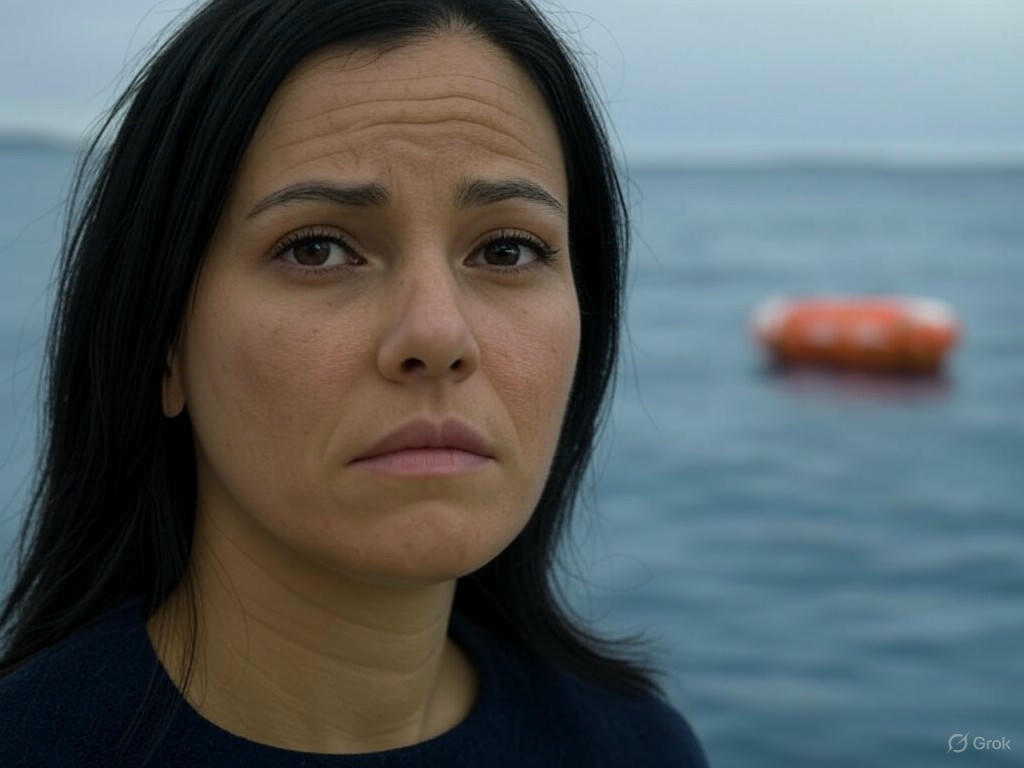A new wave of tension is brewing in the Middle East as Israel has issued a stern warning against an aid flotilla headed for Gaza, labeling the activists on board, including prominent climate advocate Greta Thunberg, as tools of propaganda. The Israeli defense minister’s sharp remarks have ignited a firestorm of debate over humanitarian aid, freedom of movement, and the ongoing conflict in the region. The flotilla, organized by a coalition of international activists, aims to deliver essential supplies to the people of Gaza, who have faced years of blockade and hardship. However, Israel’s government insists that such missions are exploited by groups like Hamas to spread anti-Israel narratives, undermining the country’s security concerns.
The controversy surrounding the flotilla is not new. Over the years, similar attempts to break the naval blockade of Gaza have ended in confrontation, with tragic outcomes in some cases. Israel maintains that the blockade is necessary to prevent weapons and materials that could be used for violence from reaching militant groups. Critics, however, argue that the restrictions have crippled Gaza’s economy and created a humanitarian crisis, leaving millions in dire need of food, medicine, and other basics. The presence of high-profile figures like Thunberg on the flotilla has only amplified the global spotlight on this issue, with supporters praising her courage and detractors accusing her of aligning with controversial causes.
Thunberg, known for her fierce climate activism, has not shied away from political statements in the past. Her decision to join the flotilla has drawn both admiration and criticism, with some questioning whether her involvement detracts from her environmental mission. Meanwhile, Israel’s defense ministry has made it clear that the flotilla will not be allowed to reach its destination, hinting at potential interception by naval forces. This raises concerns about the safety of those on board and the possibility of an international incident. Humanitarian organizations have called for dialogue, urging both sides to prioritize the well-being of Gaza’s civilians over political posturing.
As the flotilla approaches, the world watches with bated breath. Will this mission succeed in delivering aid, or will it become another flashpoint in a decades-long conflict? The stakes are high, not just for the activists and the Israeli government, but for the people of Gaza who remain caught in the crossfire of ideology and power. Beyond the immediate drama, this situation underscores a deeper question: how can humanitarian needs be met in a region so deeply divided by mistrust and hostility? While answers remain elusive, the courage of those risking their safety to help others cannot be ignored. The coming days will reveal whether this clash at sea leads to resolution or further escalates an already volatile situation. For now, the international community must grapple with finding a path forward that balances security with compassion.
